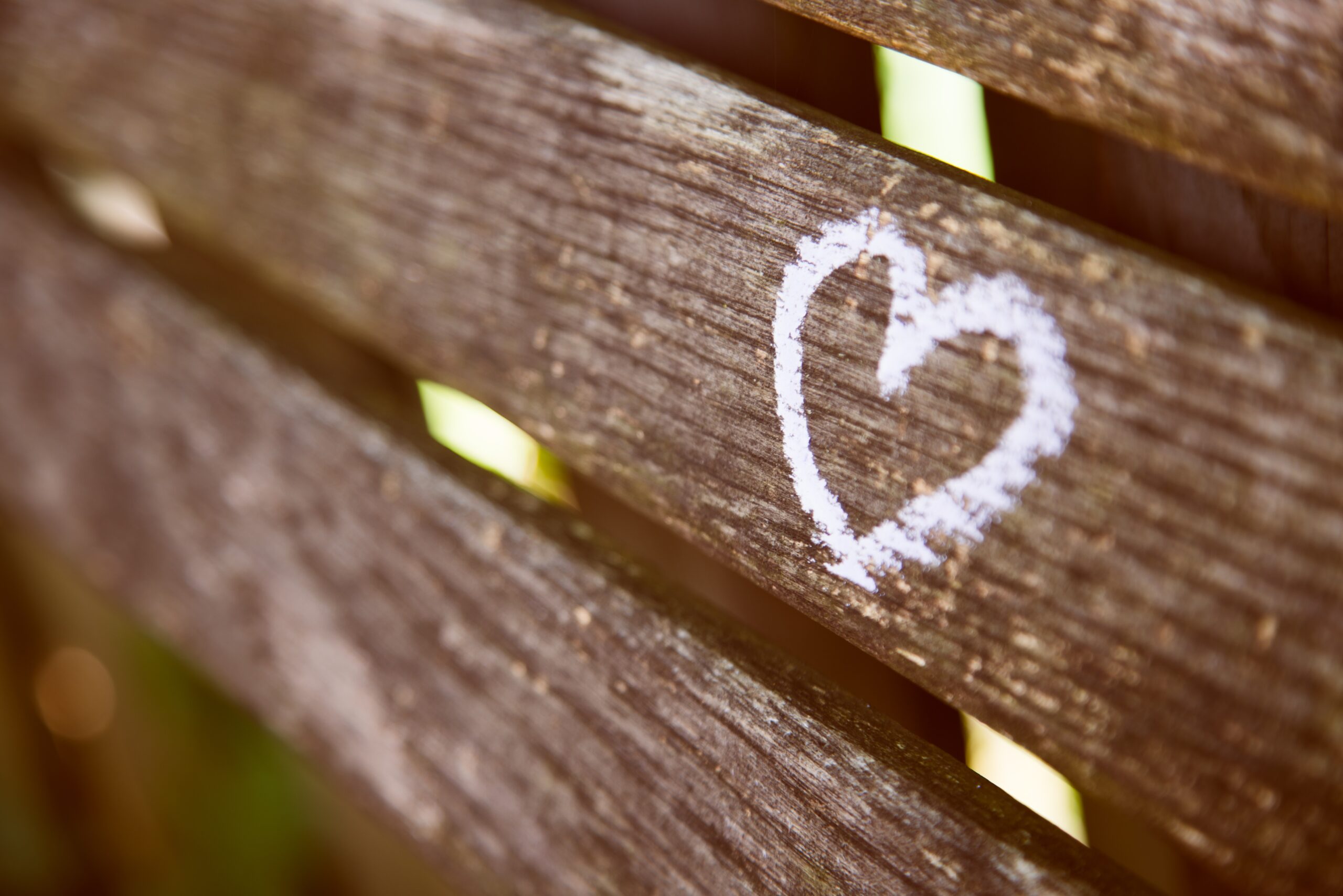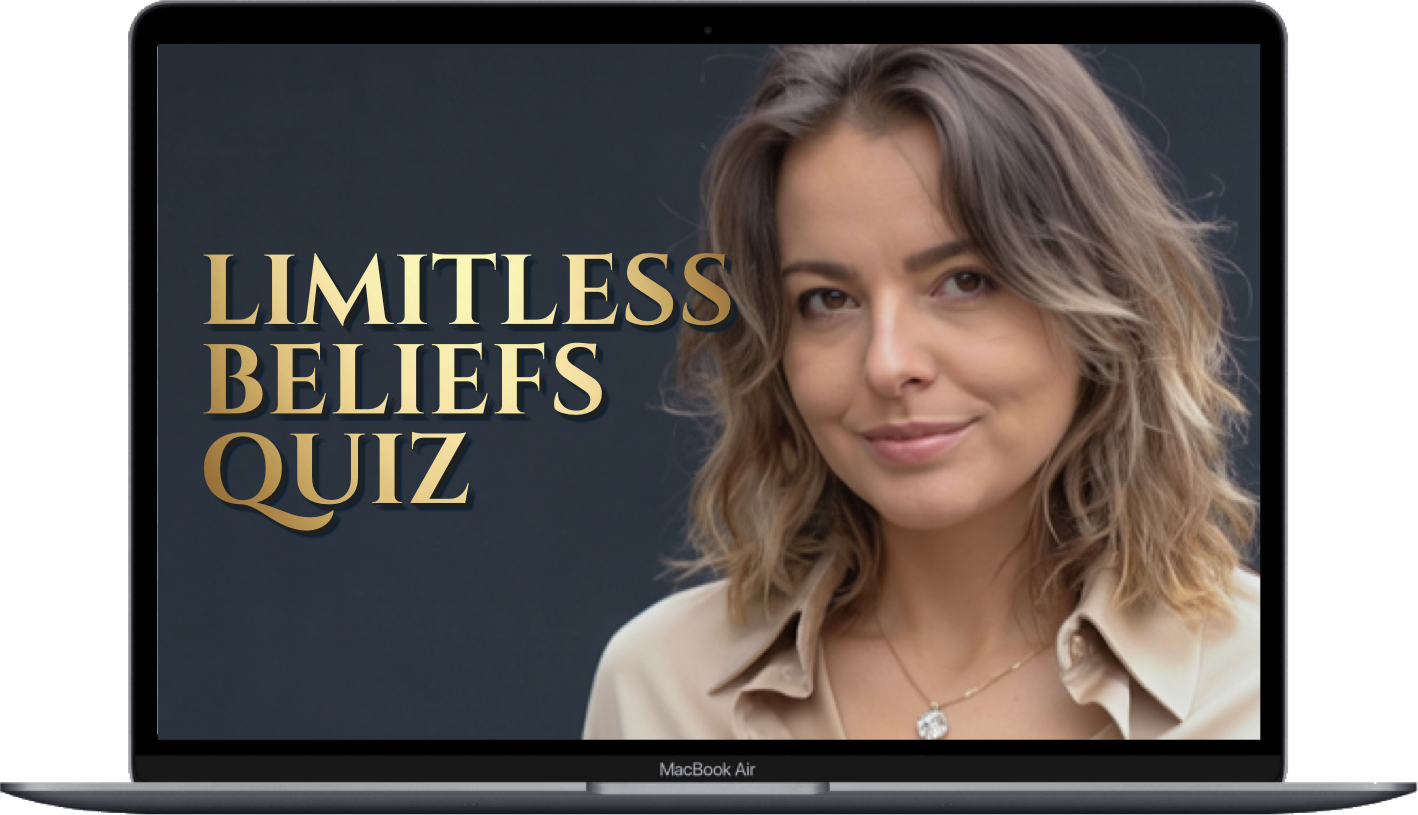I’ve come to the conclusion that no matter how many “roaches” we have in our heads, how inadequate we may feel, or how imperfect our lives might seem, the best choice we can make—whether through self-expression or not—is to simply do. To do things that make someone else’s life happier, better, easier.
On the outside: to do something kind for real people—not for some abstract humanity, but for children, for animals, for someone specific.
On the inside: to do something for ourselves, so that our own life becomes even a little lighter, easier, or more joyful.
Of course, someone might say: “But by making one person happy, you might make another unhappy.” I’m not talking about situations where, to please twenty grandmothers, you have to hurt someone else. I’m also not talking about the kind of happiness that depends on someone else’s suffering. I’m talking about basic, human goodness. Kindness. Even just acceptance. Евпочя.
Acceptance, though, is hard. If we often can’t even accept parts of ourselves—carrying this unaccepted baggage around like a heavy sack—we’re even less likely to accept others. Especially when they don’t fit into our mental picture of what’s “acceptable.”
But that difficulty comes from looking at it through the narrow lens of our small, personal self. If we step outside of that—if we expand and become more than just ourselves (not in importance, but in perspective)—then acceptance becomes easier. Even natural.
Because at the root of real love—human love—is acceptance: creating space for someone to be exactly who they are. Whole. As they are.
When we don’t accept someone—usually, let’s be honest, it’s just one part of them, but we project it onto the whole person—it’s like we’re denying them the right to exist.
Even when you’re annoyed that your friend drinks too much—if you can’t accept that part of them, you’re essentially refusing to allow that reality (and the person within it) to exist in your emotional world.
Here’s the surprising thing: everything we reject in others exists somewhere in us too. And when we reject them, we’re also rejecting that part of ourselves. That’s why it stings.
And that’s without even touching the idea that we’re all connected—like the flowers in Clifford Simak’s story. A living network. (But that’s for those who’ve read it. No need to drift into esoterica just yet.)
Still, the truth remains:
At the heart of love is acceptance. It’s a complex thing.
But the moment you stop identifying so strongly with your crooked self (and yes, we’re all crooked—that’s not an insult, just a fact of being human), it becomes much simpler. The crookedness no longer holds power over you.
Yes—every personality is crooked. Why? Because it’s shaped by childhood. Even the happiest childhood creates small distortions. There are always wounds, mild or deep, that influence how we relate to ourselves, to society, and to solitude.
It starts from the earliest ruptures—the breaking of the identification with the mother, the loss of the sense of omnipotence. Sometimes, this happens gently, and the personality stays relatively unbothered. Awareness helps too.
But in harder cases, even awareness isn’t enough—you need time, patience, and a willingness to gently learn how to separate your Self from your patterns.



